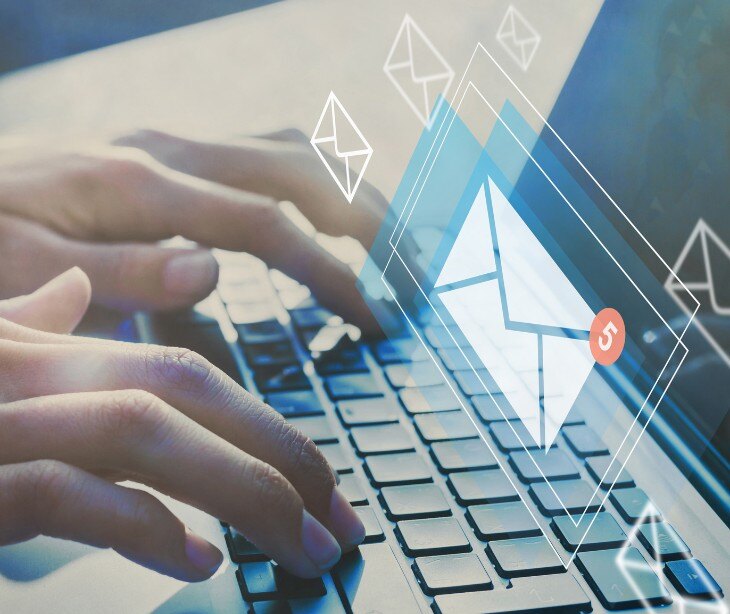
E-professionalism is the practice of maintaining a professional demeanor and conduct in digital and online environments.
Understanding e-professionalism
E-professionalism embodies traditional professional behavior within the digital landscape, encompassing how individuals present themselves, communicate, and interact online. It extends beyond just maintaining a professional tone in emails or during virtual meetings; it involves curating a digital persona that aligns with one's professional values and reputation.
The significance of e-professionalism lies in its ability to influence career opportunities, build trust with colleagues and clients, and safeguard one's reputation in an increasingly connected world. As the boundaries between personal and professional life blur in the digital space, mastering e-professionalism becomes essential for sustaining credibility, fostering meaningful professional relationships, and navigating the complexities of the modern workplace.
Key aspects of e-professionalism
Email etiquette
- Use a professional email address.
- Include a clear, concise subject line.
- Address the recipient appropriately.
- Use proper grammar, punctuation, and spelling.
- Keep the tone respectful and formal.
- Avoid using slang or overly casual language.
- Sign off with an appropriate closing and your full name.
See also: HIPAA Compliant Email: The Definitive Guide
Social media conduct
- Be mindful of privacy settings.
- Avoid posting inappropriate content or engaging in unprofessional behavior.
- Use professional platforms like LinkedIn to build and maintain a professional network.
- Think before you post—consider the potential impact on your professional image.
Read also: HIPAA and social media rules
Virtual meetings
- Dress appropriately as you would for an in-person meeting.
- Ensure a tidy, distraction-free background.
- Test your technology (camera, microphone, internet connection) before the meeting.
- Be punctual and prepared.
- Mute your microphone when not speaking to avoid background noise.
- Pay attention and actively participate.
Online communication
- Be clear and concise in your written communication.
- Respond to messages and emails in a timely manner.
- Avoid using all caps, which can be interpreted as shouting.
- Use emoticons and emojis sparingly, keeping the tone professional.
Digital footprint management
- Regularly review and clean up your digital footprint.
- Be aware that anything you post online can potentially be found and shared.
- Avoid controversial or offensive posts and comments.
Cybersecurity awareness
- Use strong, unique passwords for different accounts.
- Be cautious about sharing personal information online.
- Stay informed about common cybersecurity threats and how to avoid them.
FAQs
What are some common mistakes people make with e-professionalism?
Common mistakes include using overly casual language in professional emails, posting unprofessional content on social media, neglecting to proofread digital communication, and failing to manage one's digital footprint. Another mistake is not being aware of privacy settings, which can lead to unintended audiences viewing personal content.
Is it necessary to maintain a professional image on all digital platforms?
While it's crucial to maintain a professional image on platforms like LinkedIn, you should also be cautious on personal platforms. Even on less formal platforms, your actions and posts can be seen by colleagues, clients, or potential employers, so it's important to maintain a level of professionalism across all digital spaces.
What steps can I take to improve my e-professionalism?
To improve your e-professionalism, regularly review and update your online profiles, be mindful of your digital communication tone and content, and stay informed about best practices in digital etiquette. Additionally, invest in cybersecurity measures to protect your digital identity and ensure that your online behavior consistently reflects your professional values.
Subscribe to Paubox Weekly
Every Friday we'll bring you the most important news from Paubox. Our aim is to make you smarter, faster.



